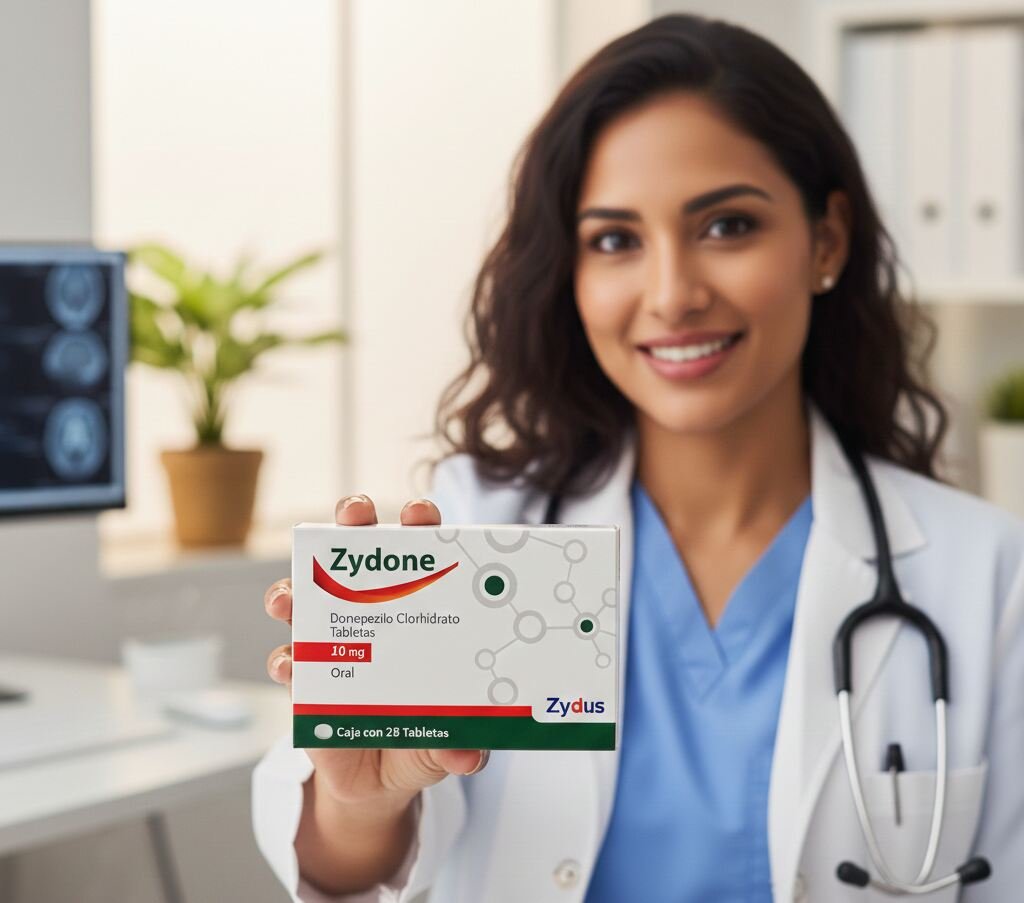In the year 1996, the Health Insurance Portability and Accountability Act was passed. It is a series of regulatory standards. It provides information about the legitimate use and disclosure of protected health information, that is followed by caregivers all around the world (what is a caregiver?) to ensure the safety of their patients. The Department of Health and Human Services is the monitoring organization Of HIPAA.
There is a special and enforcing directorate which is called the office for civil rights. The role of the “Office of civil rights” is to maintain HIPAA compliance procedures and provide regular guidance when any new issue is affecting Healthcare. It is not a one-time fixed principle. It is highly dynamic and it is a legal mandate for Healthcare organizations to implement this into their business. Business compliance and safety management in the health industry are critical for patient well-being.
Protected Health Information
It is a part of the democratic information for the identification of a patient or client who is bearing a HIPAA entity. In general, the protected health information will include social security numbers, medical records, contact numbers, photographs and financial information.
There is also electronically protected health information and this is regulated by HIPAA security roles. It was added to the regulation of HIPAA when the field of medicine saw various changes in Medical Technology.
Who Should Follow HIPAA?
The regulation of HIPAA is of two types of organizations under it. It includes the covered entities and Business Associates.
Covered entities are those organizations that will collect, create, and transmit protected health information. Under the covered entities, there are Healthcare providers, Healthcare clearinghouses, and health insurance organizations.
Business Associates will encounter protected health information on any random way of their work and will sign a contract to perform on behalf of a covered entity. Examples of such companies are practice management firms, third party Consultants, building companies, IT providers, physical storage providers, cloud storage services providers and email hosting services.
HIPAA Rules
The regulation of HIPAA has a number of rules. Many rules have come and gone from its start in 1996. The important rules to be known are as under.
1. Privacy rule
It provides standards for the patients. It advocates the patient’s right to protected health information. The privacy rule includes the patient’s right protected health information, Healthcare providers’ right to deny access to protected health information, notices of privacy practices, etc. The rule mandates to document the standards in the organizations’ HIPAA Policies and Procedures.
2. Security rule
The security rule gives the standard for both the covered entities and the business associates. The security information normally includes the physical, administrative, and technical safeguards required in any Healthcare organization. Healthcare staff must be trained on these policies and procedures every year and the same has to be documented.
3. Breach Notification rule
Like the security rule, breach notification rule binds covered entities and business associates. The rules stress upon two kinds of breaches which have its base is on the scope and size. They are called minor bridges and meaningful bridges. The organizations must report all the bridges irrespective of the size. The two specific under notification rule is
4. HIPAA Omnibus Rule:
It is an addition to Omnibus Rule. It requires the business associates to be HIPAA compliant. It also guides business associate agreements. The business associate agreement is nothing but the contract which must be executed between the covered entity and the business associate. It also takes place between Business Associates. This happens before protected health information is shared between them.
Requirements of HIPAA Compliance
HIPAA regulation has a set of national standards which the covered entities and business Associates must look into.
-
Self-audit
The covered entities and business Associates must conduct annual audits of their organization. Through this, they have to assess their administrative technical and physical gaps in compliance with the HIPAA rules. It specifically includes any and security standards.
-
Remediation plans
After identifying their gaps with the help of this self-audit, they must implement a remediation plan. By doing this they can cause violations. The entire remediation plan has to be completely documented. It has to include the calendar dates by which the gaps will be fulfilled.
-
Rules, policies, and procedures for employee training
Every Health Care Organization must develop rules, policies and procedures for employee training in line with the HIPAA regulatory standards. These rules, policies and procedures must be regularly updated changes in the organization. There is also a requirement to train the staff on these policies and procedures as and when required. It has to be completely documented along with employee attestation.
-
Documentation
Documentation is very important to become HIPAA compliant. It is a necessary document that is required at the time of Investigation and audits.
-
Business associate management
Both the covered entities and business Associates must document all the vendors with whom they share protected health information. They must ensure that shared information is used in a protective manner. It is also compulsory to review the accounts annually to look for changes in the organizational relationship of the vendors.
-
Incident management
If there is a data breach, they must have a process to document the breach and immediately inform the patients that their data has been compromised with respect to the HIPAA Breach Notification Rule.
Impact of HIPAA Compliance
-
Privacy And Decision Making
HIPAA focuses on personal security for data sharing on several unique levels. Support zones at hospitals, pharmacies, and other medication centers focus on preventing people from hearing the information about an individual case. Individuals hold their right to change their information in view of this legislation also, with the consent of possible assignment for who and when their health-related information is supposed to be shared. This procedure restrains the personal sharing of data when it is not necessary, which leads to fewer incidents of identity threats.
-
Financial Impact on Medical Practices
Transformation in privacy rules in HIPAA could be expensive for the doctor’s practice. Known as the Accounting Disclosures provision of the HIPAA law, this rule requires physicians to provide patients with a record of all information disclosed to others by the physician.
According to HHS (Health and Human Services), this provision can be explained as – a person, who is not a part of a covered entity workforce, can perform operations or activities on behalf of a covered entity that involves access by the business associate to protected health information. That person acts as a subcontractor who can create, receive, maintain, or transmit secured health information on behalf of another business associate or entity. These individuals are known as business associates. These HIPAA Rules usually require that entities and business associates enter into contracts to ensure that the business associates will appropriately safeguard protected health information.”
In a simple word, this law is extremely worrisome for physicians and doctors, especially for those who are running a small or medium-scale practice. The updated time and cost of complying with the contractual agreement clause can be huge. Moreover, when doctors and practitioners share patient information to a business associate, making a non-authorized disclosure, they must make sure that they have documented the date of the disclosure, to whom they have shared the information and the reason behind that.
Seven Elements Of An Effective Compliance Program
These 7 elements for an effective compliance program were created by the HHS Office of Inspector General. It provides guidance to the organizations regarding compliance solutions and programs.
The seven elements are the Minimum Requirements for a smooth process. In addition to the HIPAA Privacy and Security standards, these 7 elements are also the core requirement.
- Implementation of the written policies, procedures
- Appointment of a Compliance Officer and a Compliance committee
- Provision of effective training and education
- Provision of effective lines of communication
- Conducting internal monitoring and auditing
- Enforcement of standards through disciplinary guidelines
- Proper responding system to detect offenses and take corrective action
After a complete investigation, the federal HIPAA auditors will start comparing the organization’s HIPAA compliant standard in line with these 7 elements to judge the effectiveness.

Ritesh Patil is the co-founder of Mobisoft Infotech, a leading healthcare software development company in India, USA. He’s an avid blogger, loves innovation, and writes on diverse healthcare application areas. He works with skilled digital health app developers that have delivered innovative mobile applications. He believes in sharing knowledge and has learned concentration on startups.





